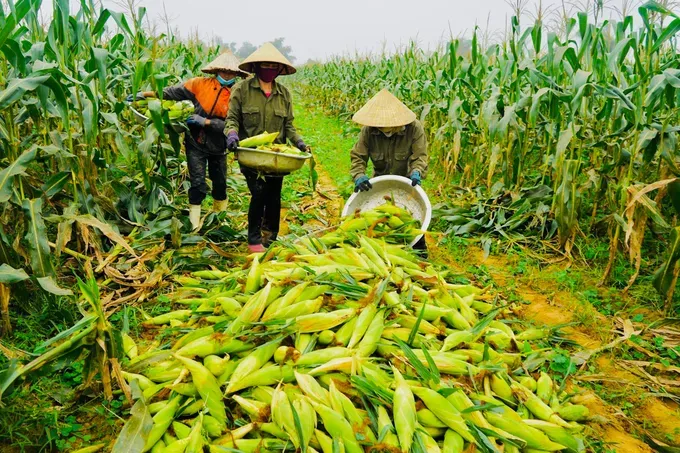
The Ministry's document highlights that recent support policies, including tax incentives, have been crucial to the livestock sector's growth, enabling it to meet domestic food demands and increase exports.
However, the Ministry identifies several inconsistencies within the current VAT law that are causing financial difficulties for farmers and businesses. For example, while traditional feed materials like corn, paddy, bran, and cassava are legally exempt from VAT, some localities are imposing a 5 percent tax. This adds to operational costs, disproportionately affecting smaller businesses that rely on intermediary processors for these materials.
Furthermore, because livestock feed is a VAT-exempt good, businesses are unable to deduct input tax. This non-deductible tax is then factored into production costs, ultimately leading to higher prices for livestock products and placing an increased financial burden on consumers.
Regarding breeding stock such as weaned piglets or day-old chicks, the law also stipulates VAT exemption, yet in some areas, a 5 percent tax, is still applied. This drives up the cost of breeding stock, putting livestock farms at a disadvantage amid intense competition.
The Ministry of Agriculture and Environment has proposed that the Prime Minister assign the Ministry of Finance to coordinate with relevant ministries and agencies to recommend that the National Assembly amend the law so that unprocessed or minimally processed crops, plantation timber, livestock, and aquatic products intended for use as animal feed, breeding stock, or livestock products are included in the VAT-exempt category.
While awaiting the legal amendment, the Ministry has recommended that the Government issue a resolution to implement this regulation immediately.
























